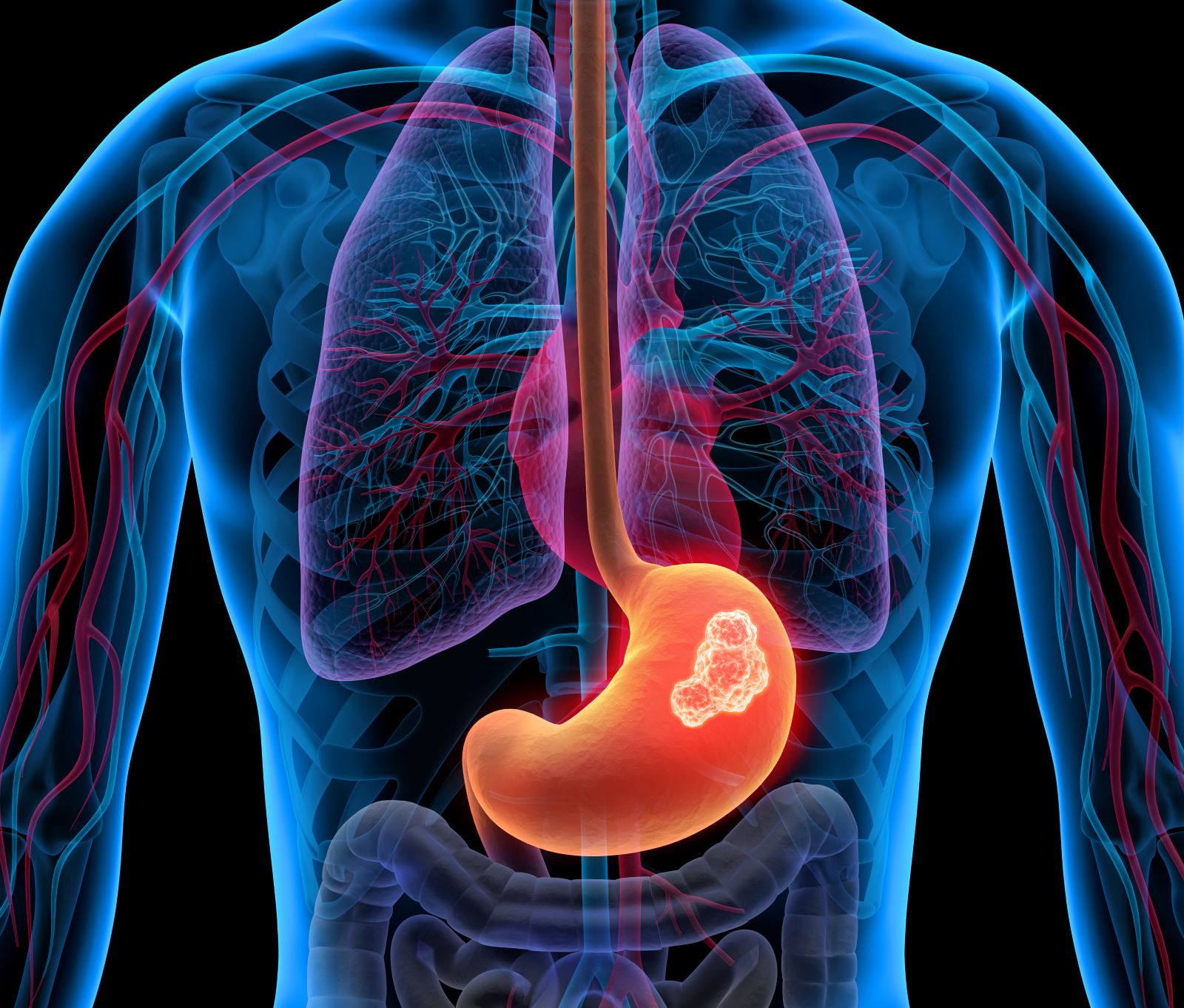
February 07, 2024
At only 62 years old, Toby Keith lost his battle with stomach cancer.
Keith first shared his diagnosis in fall of 2021, after months of treatment including chemotherapy, radiation and surgery.
But with his passing comes an opportunity to spread awareness for the symptoms of this often difficult-to-diagnose illness. Here’s what you should know, according to an oncologist.
[insert-cta-small id=53992]
Don’t overlook these sneaky symptoms.
Charles Cha, MD, a surgical oncologist with Hartford HealthCare’s Cancer Institute, says catching stomach (also called gastric) cancer early gives patients the best chance of success. But this can be difficult, because the disease shares symptoms with so many other illnesses.
“Early diagnosis is key,” he says. “Paying attention to symptoms helps patients get treatment right away, allowing for a higher survival rate and extended life expectancy.”
In the early stages, look out for symptoms such as:
- Indigestion and stomach pain
- Feeling bloated after eating
- Nausea
- Loss of appetite
- Heartburn
But in more advanced cases, symptoms might include:
- Blood in the stool
- Vomiting
- Weight loss
- Jaundice
- Ascites, or a build-up of fluid in the abdomen
- Trouble swallowing
“While these symptoms may be unrelated to stomach cancer, if you experience any of them with regularity you should speak with your doctor,” Cha said. “You might need diagnostic testing such as blood work, a CT scan, endoscopy, biopsy or barium swallow.”
> Related: 8 Common Symptoms of Gastric Cancer
Stomach cancer comes in many different forms.
There are four main types of stomach cancer:
- Adenocarcinoma. Up to 95 percent of stomach cancers are adenocarcinoma, developing in the stomach’s inner lining (the mucosa).
- Lymphoma. These cancers of the immune system live in the stomach wall.
- Gastrointestinal Stromal Tumor (GIST). This rare tumor can develop anywhere in the digestive tract, most often in the stomach.
- Carcinoid Tumor. Originating in hormone-making stomach cells, these tumors rarely spread to other organs.
> Want more health news? Text StartHere to 85209 to sign up for text alerts
Treatment doesn’t look the same for everyone.
The traditional course of treatment for stomach cancer is a combination of surgery, radiation therapy and chemotherapy. Additional options include targeted therapy or immunotherapy.
There are several different types of surgical procedures to fight stomach cancer, including:
- Endoscopic Mucosal Resection. This technique is often used to address early-stage cancer by removing a tumor using an endoscope.
- Subtotal or Partial Gastrectomy. In this procedure, your surgeon removes part of the stomach and nearby lymph nodes. The rest of the stomach is then connected to the esophagus or small intestine in a procedure called a partial gastrectomy.
- Total Gastrectomy. In this major surgery, the entire stomach is removed and the esophagus is attached to the small intestine.
link

